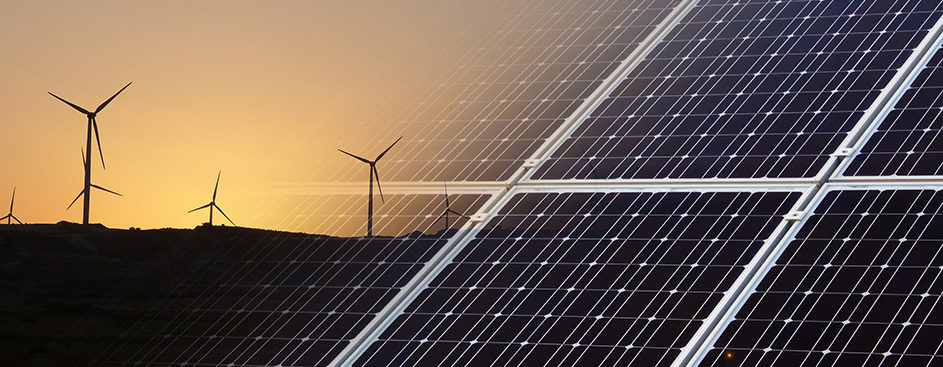
What’s Happening to the world right now?
We are currently experiencing a warming of the world’s atmosphere as a result of too much carbon dioxide being emitted. The world has been warming up since the mid-20th century but has sped up radically in the past 40 years, with the last few being the fastest. We are now under extreme pressure to keep this warming under 1.5oc to halt the irreversible effects this would have on our planet and existence as the human race.
What are we doing to destroy it?
We are still using fossil fuels. These fuels are contributing highly to global warming and pollution due to the smoke and gases they produce (such as methane and carbon dioxide).
The world’s food production is a major reason behind wildlife extinction and ecosystem destruction. What we eat contributes around a quarter of global greenhouse gas emissions and is responsible for almost 60% of global biodiversity loss.
Farming animals for meat and dairy requires large areas of space and huge amounts of water and feed. In 2021, one of the biggest causes of forest loss is the expansion of agricultural land for animal feed production. Producing meat creates huge amounts more carbon dioxide than plants such as vegetables, grains and legumes.
Using single use plastics and polluting our land and oceans with rapidly increasing amounts of disposable plastic. Millions of animals are killed by plastics every year, from birds to fish to other marine life. Nearly every species of seabird eats or has plastic in their system.
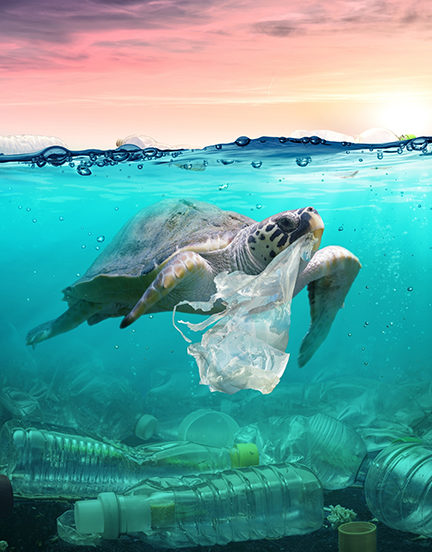

What will happen if we don’t change?
The global temperature will rise
The oceans will become warmer and sea levels will rise
The ice sheets will melt, leaving the Arctic ice-free
Extreme weather events and patterns. Unpredictable and extreme precipitation, drought, heat waves, hurricanes
Ocean Acidification. The coral reefs that support marine environments around the world could decline as much as 99%.
Impacts on Biodiversity and Ecosystems-Loss of Species and Extinction
“Impacts on Humans-At 1.5 degrees Celsius warming. The report projects that climate-related risks to human health, livelihoods, food security, human security, water supply and economic growth will all increase. Plus will increase even more at 2 degrees warming. Disadvantaged and vulnerable populations, some indigenous peoples and communities with livelihoods based on agriculture or coastal resources will be at the highest risk. Regions at highest risk include Arctic ecosystems, dryland regions, small-island developing states and the least developed countries. Some populations will see increased poverty and disadvantages. Limiting warming to 1.5 degrees Celsius could reduce the number of people susceptible to climate-related poverty risks by as much as several hundred million by 2050.” Source: www.climate.nasa.gov/news/2865/a-degree-of-concern-why-global-temperatures-matter/
What can you do to help?
“We need to make wasting our resources unacceptable in all aspects of our life. Every product we buy has an environmental footprint and could end up in landfill. The impact of plastic pollution on our oceans is becoming increasingly clear, having drastic impacts on marine life.
Recycling what we can reduces the amount of new materials we are making, and upcycling is a creative way to make old items into something more valuable. This could be reusing a jam jar as a candle holder, or using old tins as plant pots – the possibilities are endless!
It’s not just the products we buy. It’s estimated that a third of all food produced in the world is lost or wasted. Do your bit by eating up leftovers and use any ingredients you have spare to make interesting meals. Try to waste as little food as possible, and compost the organic waste you can’t eat.”
What else?
Go electric with your car
Use a renewable energy company-often they are cheaper as they are UK based.
Eat less meat or locally and ethically sourced
Go plant based
Avoid single use plastics
Buy local
Avoid air travel
Walk or cycle
Use public transport
Use sustainable brands for clothes and beauty and toys etc
Buy organic food
Don’t print work, go paperless as much as poss.
Reduce electricity and water usage
Grow your own
Collect water
Compost
Avoid palm oil
Talk about it!
Be an advocate
What am I doing to help?
Use renewable energy-swap to Octopus energy
Gone plant based
Walk to school and town as much as possible
Use public transport more for work
Where possible eating organic food
Buying second hand
Only using organic and sustainable clothing brands
Toothpaste swap to toothpaste tablets
Growing own veg
Composting
Using water butts
Buying local meat in paper bags for rest of family
Deodorant in cardboard tubes
Refillable shampoo and conditioner
Soap bars not shower gels
Turn off the computer and TV at night! Not on standby.
Loose leaf tea so no tea bags
Washable sanitary goods
Bamboo toilet roll
Repair and upcycle as much as possible
Use recyclable kraft paper for wrapping appear, with recyclable tape.
Buying a lot less ‘plastic tat’ for the kids!
Make your own ice lollies
Looking at food labels and avoiding palm oil
What I want my business to do to help?
Use eco-suppliers…HMUA, stylists, venues, caterers, props and florist and eco stationers
Using eco-packaging suppliers
Rechargeable batteries
No new gear, buy second hand
Group my print orders to cut down on packaging and transport
Plant a tree for every booking
A member of the Sustainable Wedding Alliance
Recommended readings:
David Attenborough-A Life on Our Planet
Greta Thunburg-No One Is Too Small to Make a Difference
Greenpeace.org
www.wwf.org.uk
https://sustainableweddingalliance.com/
Hey all you amazing photographers out there!! Looking to uplevel your business and start attracted dream clients?
Download my free guide HERE and start making those changes today.
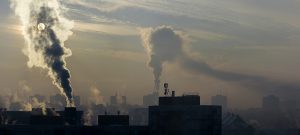
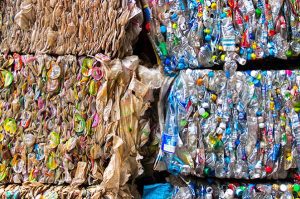

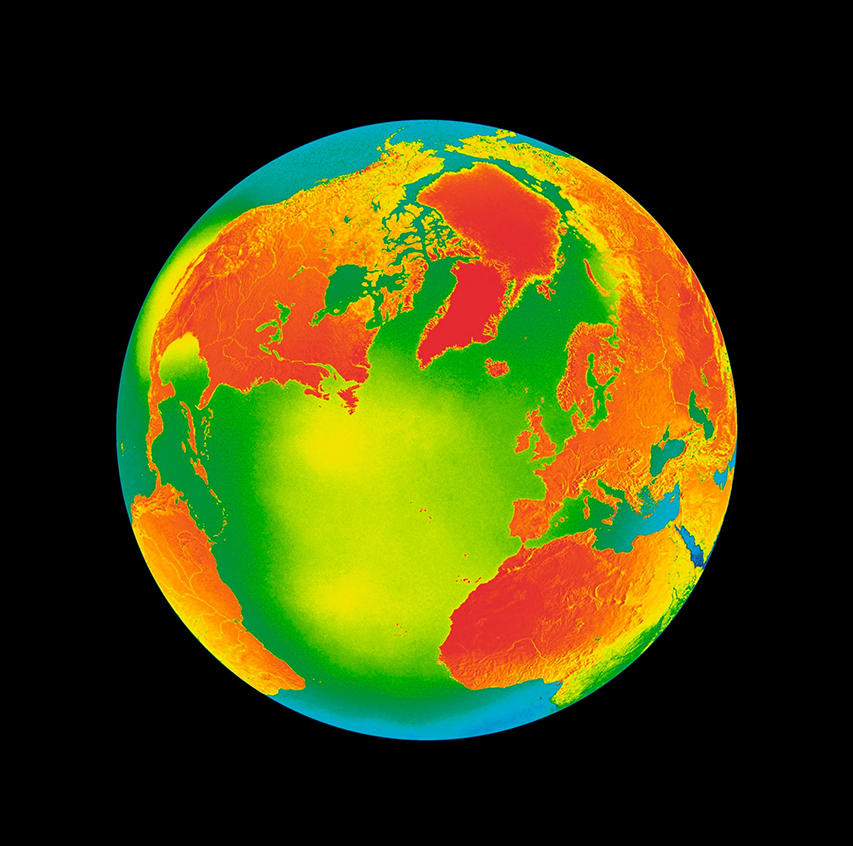
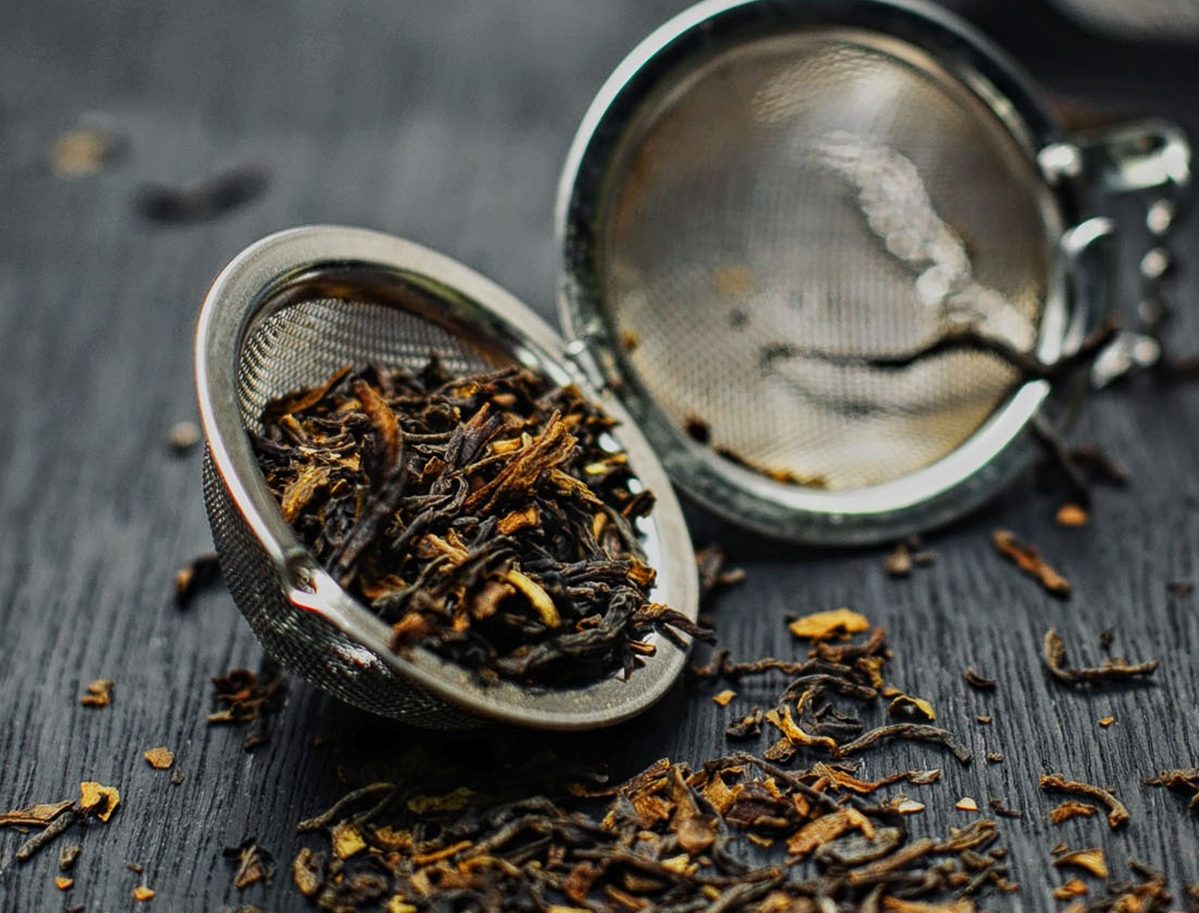
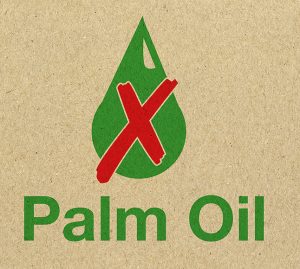
 Previous
Previous